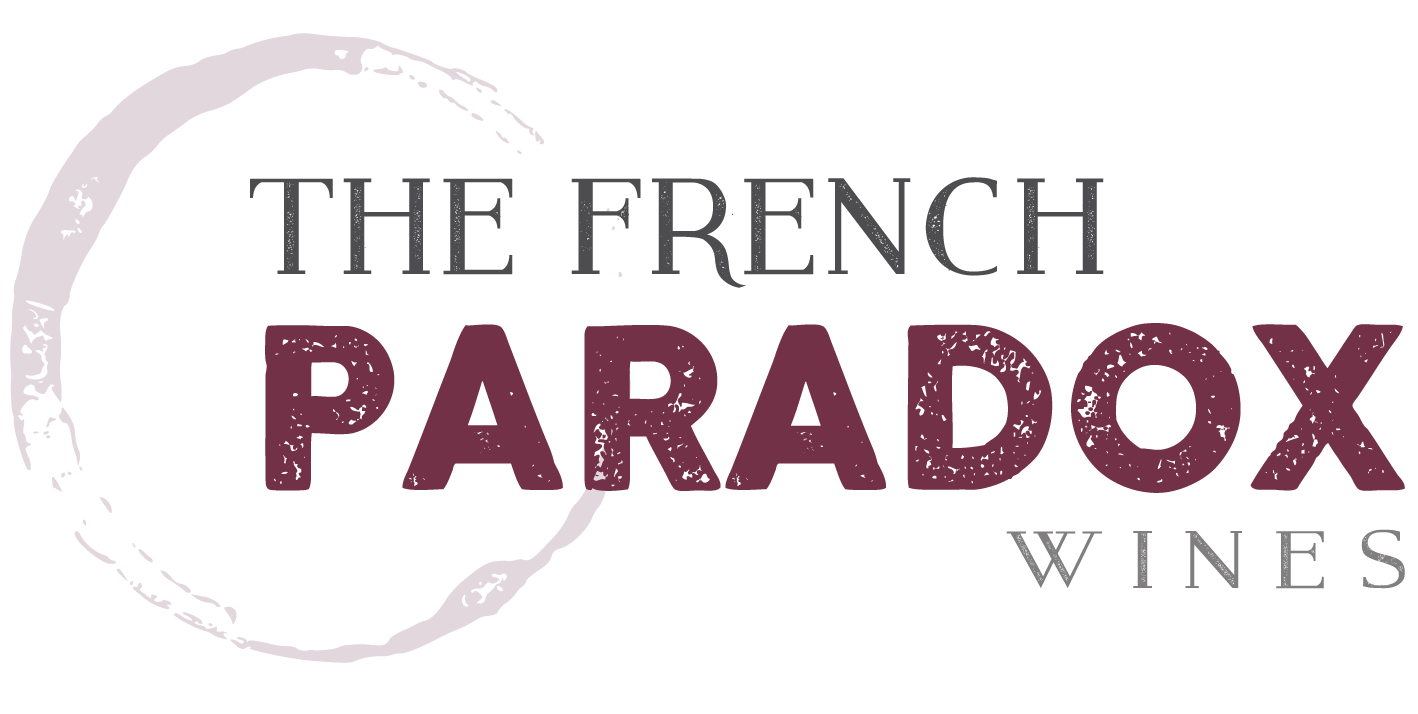There are, quite literally, hundreds of thousands of wines produced across the planet every year. Some small, really insignificant number of those are submitted to a panel of judges or a wine critic, who then offer opinions as to the quality of the wine, generally, as compared to other wines. There is no laboratory involved, no double blind tasting, no control group. There is also no agreed upon standard of measure, no clinically tested and approved methodology or practice that will allow trained professionals to compare their ‘findings’. It’s just one person’s opinion.
And that one person, who may or may not have some actual learning or insight or proficiency is who is telling you what wine you should buy.
But the problem is, he doesn’t know you; does not know what you might or might not be eating, doesn’t know what wine you actually like. He doesn’t know where you are or who you’re with or what time of day it is. He doesn’t know what temperature the wine is, or how its been shipped or stored. He just knows, that in his opinion, having tasted the wine once, that the wine is worth 90 points, even though he can’t actually explain what connotes a single point.
And this is the guy that you’re listening to?
It could be worse, I guess. Or could it?
I mean, you could just buy a wine randomly, based upon nothing more than a general idea of what a good wine should cost. $20? If you walked into just about any (quality) wine shop and asked for a $20 bottle of wine, you would likely walk out with a bottle that is pretty good. Maybe even great.
And that night, when someone asks you about the wine, you could say, I decided that $20 was reasonable amount to spend on a wine, so I bought one, and, well, it turned out to be pretty good, didn’t it?
Now, it might not be your all-time favorite bottle of wine, but really, so what? Must every bottle be memorable? Even as the alcohol impairs our judgement? What if you just can’t remember, because, well, after that second (or was it the third?) glass, your attention was diverted by any number of people or conversations or foods and so the supposed nuances of the wine stopped being so important. But, on the other hand, you purchased a bottle at a price that you felt was reasonable and the wine was suitable (at least)! You’ve wholly eliminated the need to listen to a radio program (those guys, by the way, are the worst) or read a newspaper column or subscribe to a magazine.
Wait! Perhaps we’re on to something here…shop at a quality-oriented store, pay what you think is a reasonable amount of money, bring home the wine and consume it and…voila! Success! Who knew it was so easy?
Actually, everyone. It’s really is just that easy. The only people that want to make wine complicated are those that stand to profit from your fear and anxiety. You see, it’s a gigantic scam. Even the most qualified wine critics can do nothing more than describe the wine to you. Because they are so lacking in pertinent information (that information about YOU!), they have no realistic ability to actually recommend a wine. And since they don’t sell wine (directly, that is) they can’t put a bottle in your hand that you can enjoy TONIGHT! So instead, they couch their descriptions in ever more lofty and indistinct terms, offer unsubstantiated opinions as to at what age the wine might be best and suggest food pairings that are general enough to never really be wrong. Their opinions are as useful as daily horoscopes; perhaps interesting, sometimes fun, but nothing that should ever be taken seriously. Especially if you actually like wine.
Now, on the other hand, if you really don’t care much about wine (I mean the important things, like the taste) or money, then, by all means, pay attention to the superstitious stargazers who insist that wine is magical and mysterious, when the reality is that it is logical and understandable. And, on most days, delicious.
